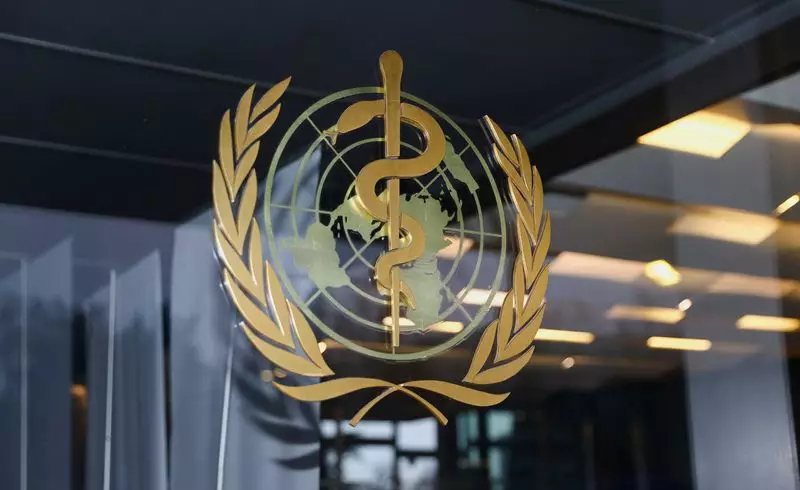The potential ramifications of the United States’ departure from the World Health Organization (WHO) have sparked significant concern among health officials in Africa. This unprecedented move, executed by President Donald Trump shortly after beginning his second term, threatens to jeopardize the delicate equilibrium of public health initiatives across the continent. The Africa Centres for Disease Control and Prevention (Africa CDC) has publicly noted the crucial role the WHO plays in health programming in African nations and is now urging governments to seek alternative funding avenues to fill the void left by U.S. disengagement.
Africa’s reliance on U.S. financial support through the WHO underscores a disturbing dependency that many nations must now confront. Senior officials from Africa CDC, including Ngashi Ngongo, have pointed out that many public health programs across the continent have historically thrived under the umbrella of WHO funding. The deep concern surrounding the impact of reduced financial backing reveals the systemic vulnerabilities in Africa’s health infrastructure. For countries like Zimbabwe, where health issues such as HIV/AIDS are pervasive, the timing of the U.S. withdrawal signals potential disruptions to vital funding for lifesaving health services.
As the continent grapples with the uncertainty of U.S. funding, there is an urgent call for African nations to reassess their health financing strategies. The Africa CDC’s recommendation to seek financial independence from foreign states highlights a crucial juncture; African countries must explore innovative partnerships and alternative sources of funding. This proactive approach could mitigate the risk of external volatility and encourage local investment in public health sectors. By steering away from a singular dependence on U.S. support, African nations could foster resilience against future global health crises.
While the prospect of diminished support from the WHO looms large, it may also serve as a catalyst for African nations to expand their health funding networks. Ngongo’s remarks about seeking financial opportunities with non-African countries indicate a strategic pivot that could bring about diversified partnerships. By engaging with emerging economies and collaborative health initiatives on a global scale, African states might not only repair the funding deficit but also enhance their international health standing.
As public health officials weigh the possible outcomes of the U.S. withdrawal, one of the significant concerns is the interruption of ongoing projects, particularly the joint action plan between Africa CDC and the U.S. government. The risk of losing traction on essential health initiatives could undermine years of progress in areas critical to African welfare. It is imperative that African nations remain vigilant and proactive in their engagement with global health organizations, ensuring that their citizens receive the necessary support during this uncertain period.
The departure of the U.S. from the WHO poses a substantial challenge to African healthcare systems, forcing a reassessment of dependency and financial strategy. The Africa CDC’s advocacy for diversified funding sources emphasizes a pivotal moment for the continent to reimagine its health financing landscape. With resilience, cooperation, and innovation at the forefront, African nations can navigate these turbulent waters and emerge with strengthened health systems that are less susceptible to the fluctuations of international politics.

